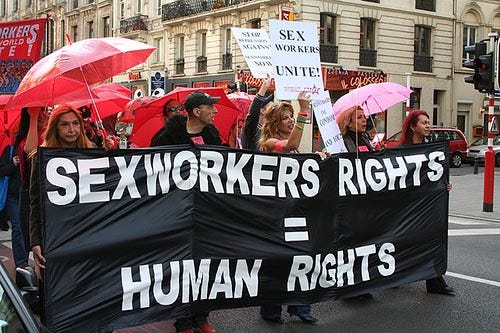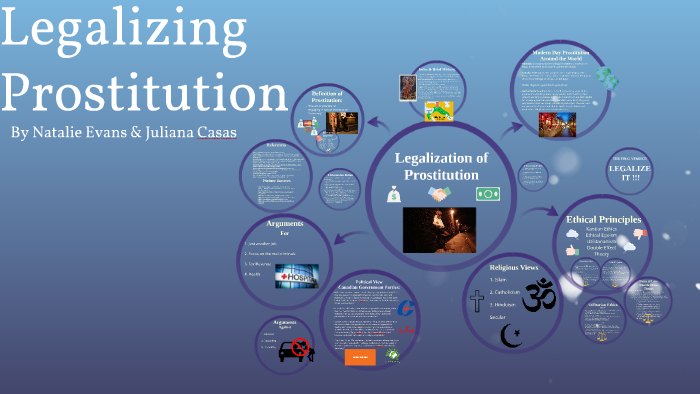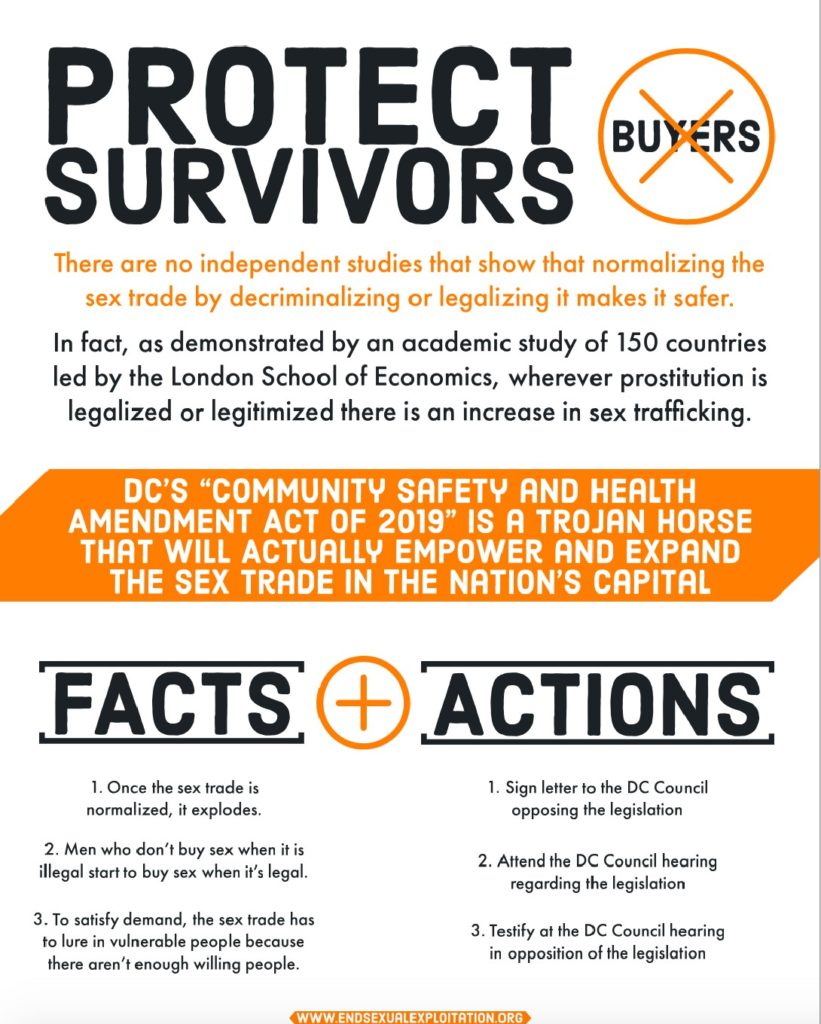Prostitution, the exchange of sexual services for money or other forms of compensation, has long been a controversial and divisive issue. While it is illegal in many countries, there are compelling arguments for legalizing prostitution.
One argument in favor of legalization is that it could help to reduce crime and increase safety for sex workers. In countries where prostitution is illegal, sex workers are often forced to work in underground and unregulated markets, where they are at risk of violence, abuse, and exploitation. Legalizing and regulating prostitution could help to ensure that sex workers have access to safe working conditions, protection from abuse, and recourse if they are mistreated.
Another argument is that legalization could help to reduce the spread of sexually transmitted infections (STIs) and improve public health. In countries where prostitution is legal, sex workers are often required to undergo regular health checks and use protection to reduce the risk of STIs. This could help to protect both sex workers and their clients from the spread of disease.
Legalization could also have economic benefits. Sex work is already a significant industry in many countries, and legalizing it could bring in additional revenue through taxation and licensing fees. This could be used to fund services and programs for sex workers, such as health care, housing, and support for those who want to leave the industry.
Finally, there is the argument that criminalizing prostitution disproportionately affects marginalized and disadvantaged groups, such as low-income individuals and LGBTQ+ individuals. These groups may be more likely to turn to sex work as a means of survival, and criminalizing it can further stigmatize and discriminate against them. Legalization could help to reduce discrimination and stigma and allow sex workers to work without fear of persecution.
Overall, while there are certainly valid concerns about the potential negative consequences of legalizing prostitution, there are also strong arguments in favor of doing so. Legalization could help to increase safety, reduce crime, improve public health, and support marginalized and disadvantaged groups.








